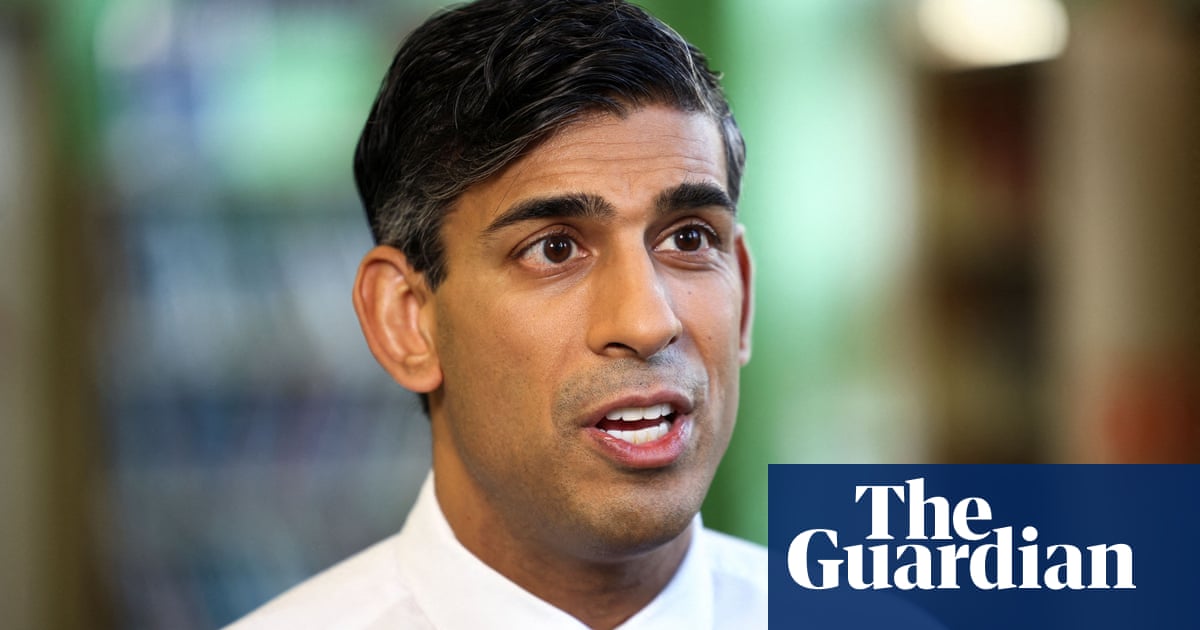
Independent faith schools have held talks with ministers over a proposal to exempt small private establishments from VAT if their fees are far below those charged by elite schools such as Eton.
The group, representing more than 270 Jewish, Muslim and Christian independent faith schools that often rely on donations and volunteers to survive, say the government’s policy of adding 20% VAT to fees from this January would force many to close and leave deeply religious families with no alternatives.
Sector leaders predict that some families could instead turn to unregistered illegal schools or lightly regulated “homework clubs” with little safeguarding protection.
“For the Christian, Jewish and Muslim families we represent, attending a faith school is not a choice; it is integral to their way of life,” the group told the Guardian.
The headteacher of one Haredi Orthodox Jewish school in London said: “Parents in our community simply cannot afford higher fees, and we lack the resources to make up the shortfall. If this policy goes ahead, we will be forced to close our doors.
“The result will be that thousands of Jewish children will be left without an appropriate educational option, with many parents turning to home education as the only viable alternative.
“This would disrupt the children’s learning and place an enormous burden on families who rely on our school not just for education, but also for cultural and religious continuity.”
The group, which includes the Association of Muslim Schools, Chinuch UK representing Haredi schools, the Christian Schools Trust and Seventh-day Adventist schools, is proposing that private schools charging less than £7,690 a year be exempt from VAT on fees.
Faith school leaders have discussed their proposal in a series of meetings with ministers and officials from the Treasury and the Department for Education since August.
The group told the Guardian it wanted the government to delay adding VAT until September next year, to allow an equality impact assessment of the consequences for faith schools and their communities.
The group added: “We argue those faith schools whose fees fall below the per-pupil funding level in the state sector should be exempted from VAT. This cost-neutral mitigation would allow the families we represent to continue to attend a school that reflects their faith and values.”
Those who have taken part in the discussions said they had been received with interest. One MP who has lobbied ministers on behalf of faith schools said the Treasury had objected to the complexity that an exemption would cause.
The Treasury is already grappling with adjustments for children from military families, as well as for pupils with special educational needs or disabilities attending specialist independent schools funded by local authorities. Ministers have indicated that children with education and health care plans (EHCPs) in England will be exempt from VAT.
A spokesperson for the Treasury said an assessment of the expected impact of the VAT policy will be published alongside the Budget.
“We want to ensure all children have the best chance in life to succeed. Ending tax breaks on private schools will help to raise the revenue needed to fund our education priorities for next year, such as recruiting 6,500 new teachers,” the spokesperson said.
Government spending on state schools averages £7,690 a pupil, according to the group’s calculations. Almost all of the private faith schools involved charge below that level, with some as little as £2,000 a year and others relying on donations.
In contrast, Westminster school in London charges £37,000 for day pupils. The Independent Schools Council, a lobby group, said its 1,400 schools charged an average of £18,000 last year.
Ismail Gangat, the chair of governors and founding trustee of Azhar academy girls school in east London, rated “outstanding” in all areas by Ofsted, said the school’s fees of up to £3,900 still meant considerable sacrifices for parents working as builders, taxi drivers and teachers.
“I am sincerely concerned that if VAT at 20% is proposed, we simply cannot afford to bear the cost to ensure the school remains affordable for our parents,” Gangat said, adding that even a small number of pupils leaving would threaten the school’s viability.
“We are convinced that the secretary of state for education, and the Department for Education and its civil servants haven’t taken our schools into consideration; it’s as though we do not exist.”












